Clinical Updates
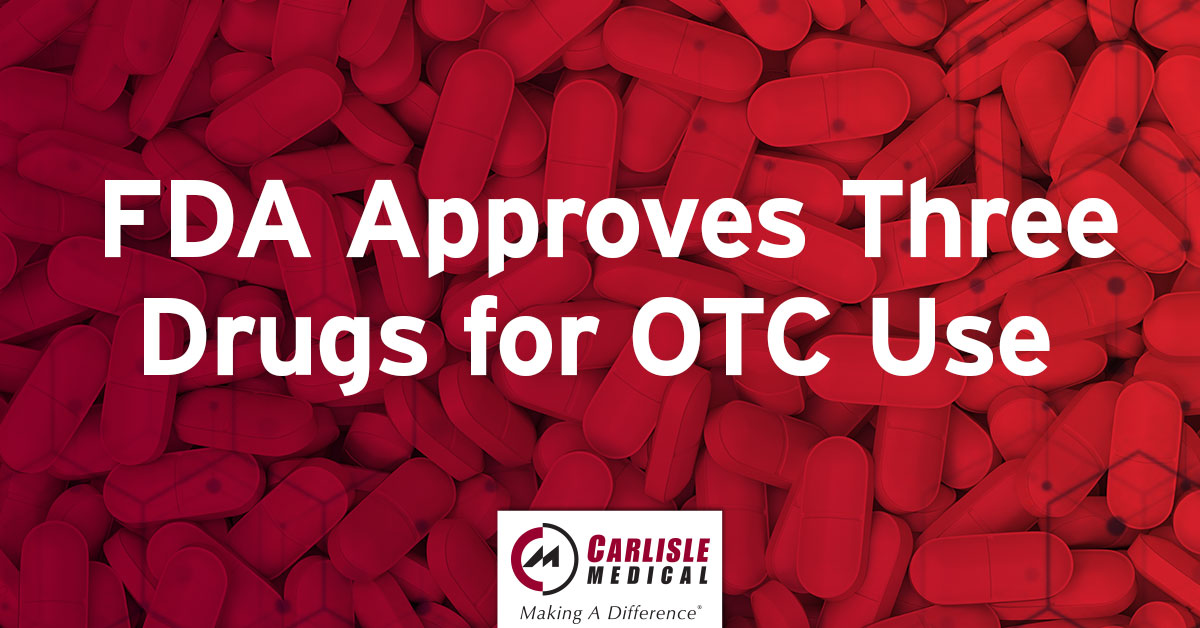

FDA Approves Three Drugs for OTC Use
Last week, the FDA approved three medications for over-the-counter (OTC) use through a process called…


Generic Zohydro Is Now Available
The generic formulation of Zohydro, hydrocodone bitartrate ER, has been released by Macoven Pharmaceuticals. Zohydro…
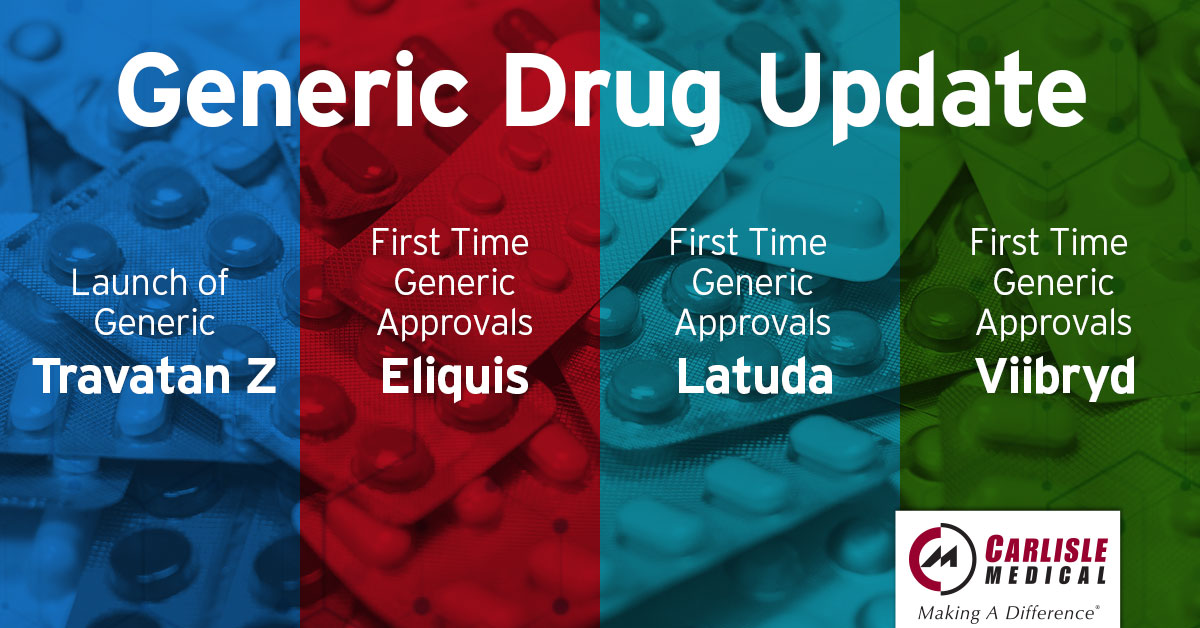

Generic Drug Update
Launch of Generic Travatan Z A generic is now available for the ophthalmic drug Travatan…
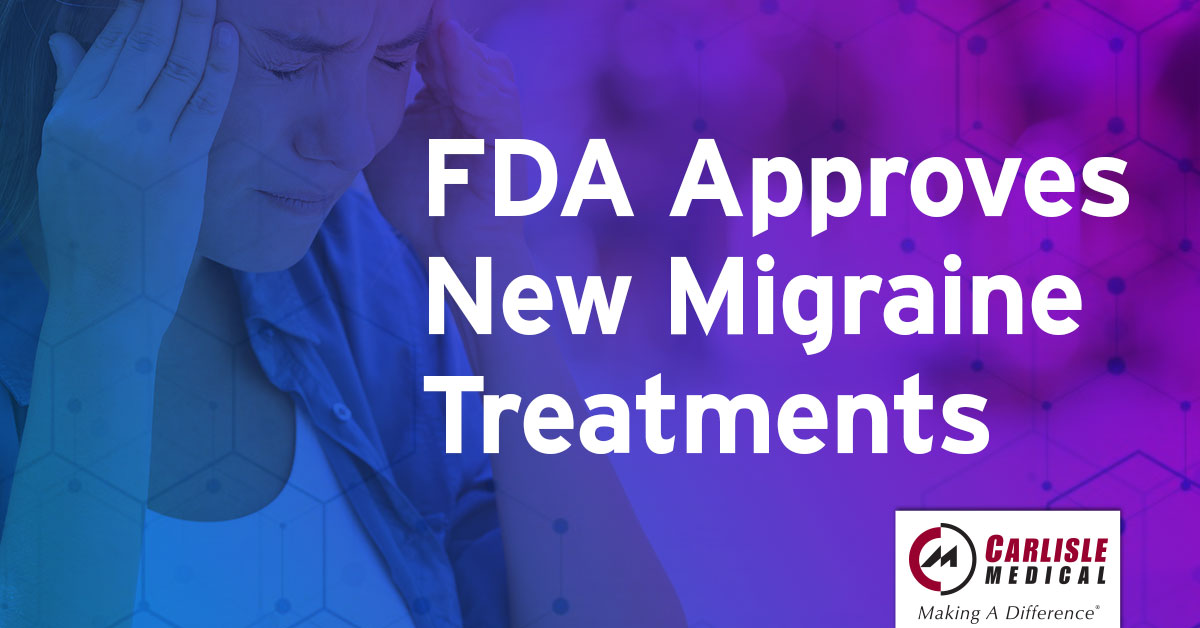

FDA Approves New Migraine Treatments
Two new medications for the treatment of acute migraine with or without aura in adults…
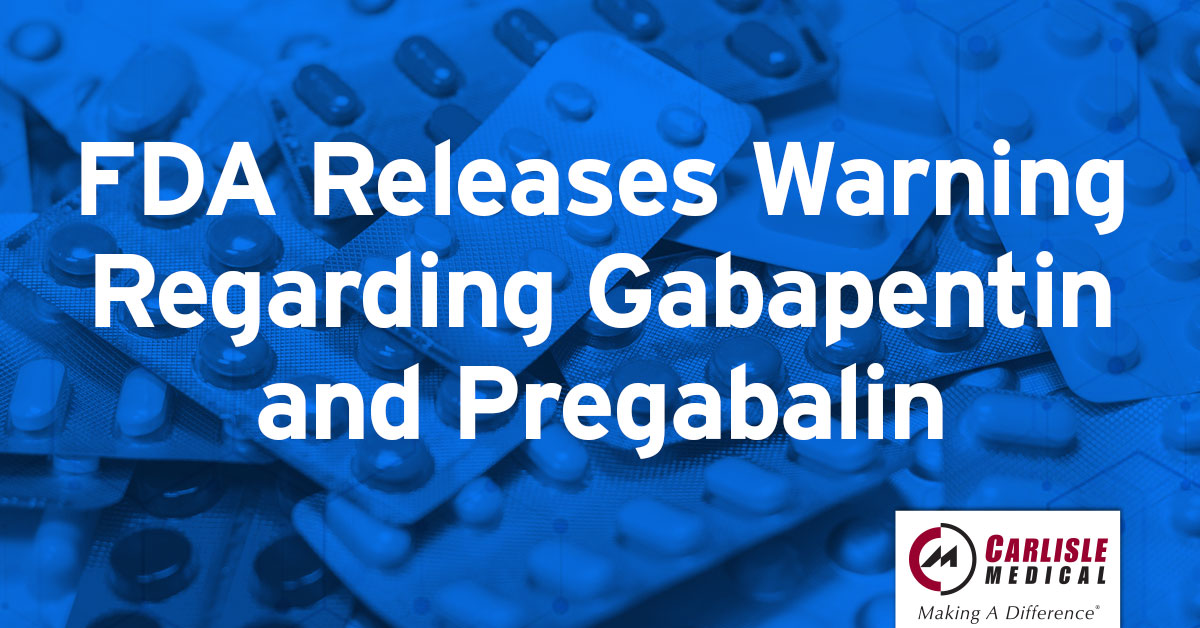

FDA Releases Warning Regarding Gabapentin and Pregabalin
The FDA recently released a warning for the medications, gabapentin (Neurontin, Gralise, Horizant) and pregabalin…
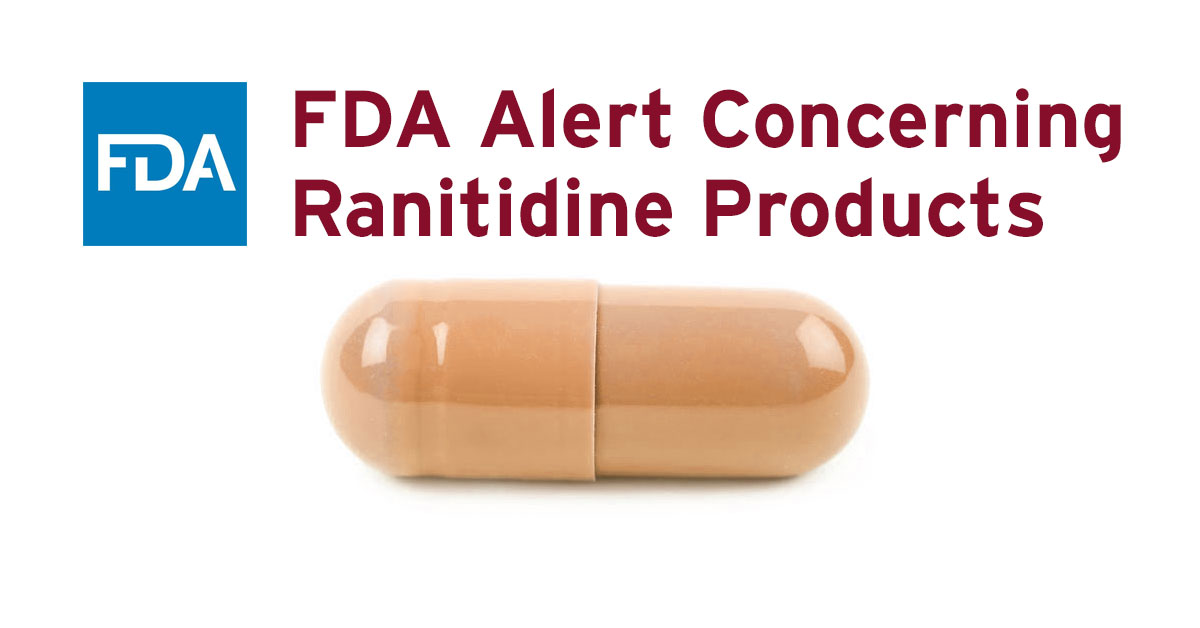

FDA Alert Concerning Ranitidine Products
By: Heidi Dufrene, Pharmacy Director Earlier this month, the U.S. Food and Drug Administration (FDA)…
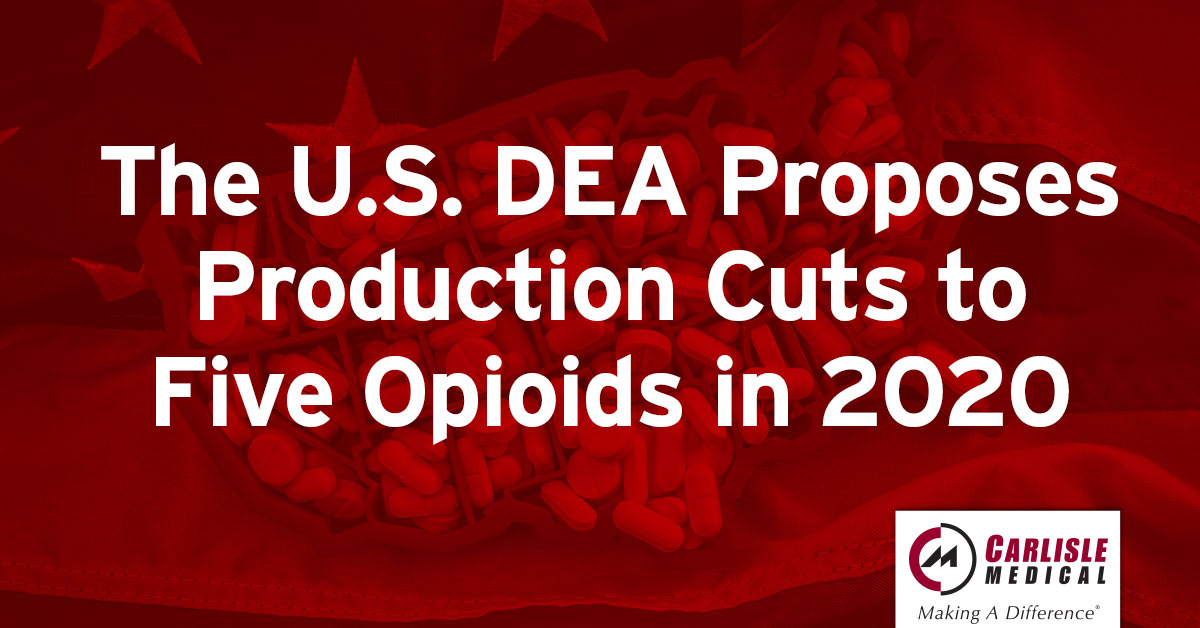

The U.S. DEA Proposes Production Cuts to Five Opioids in 2020
The U.S. DEA (Drug Enforcement Administration) released a Notice of Proposed Rulemaking in the Federal…
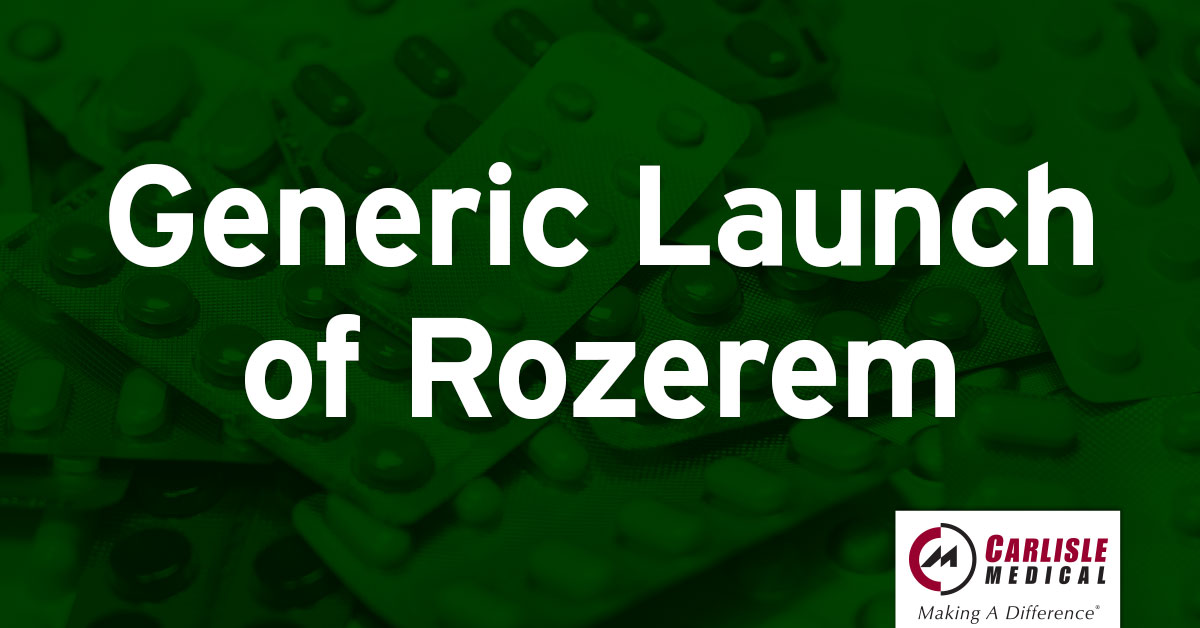

Generic Launch of Rozerem
The generic equivalent of Rozerem (Ramelteon) is now available. Rozerem is FDA approved for the…
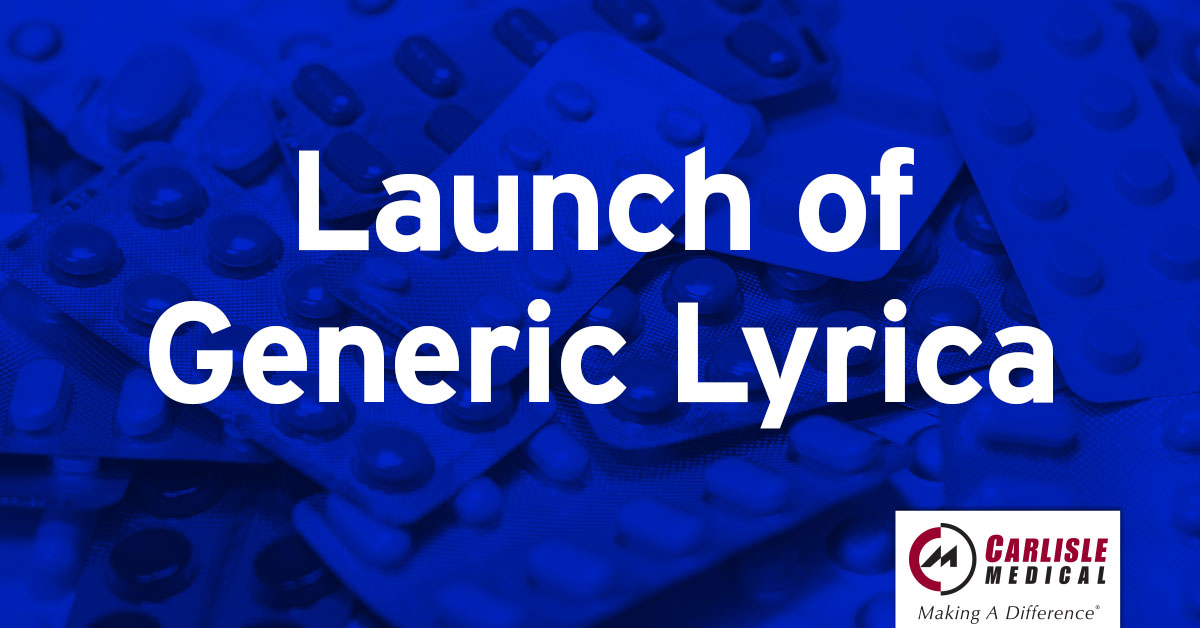

Launch of Generic Lyrica
The U.S. Food and Drug Administration (FDA) has approved the launch of generic Lyrica (pregabalin)….


Gabapentin to Become A Controlled Substance in Alabama
By: Heidi Dufrene, PharmD Recently, the Alabama State Committee of Public Health voted to…
